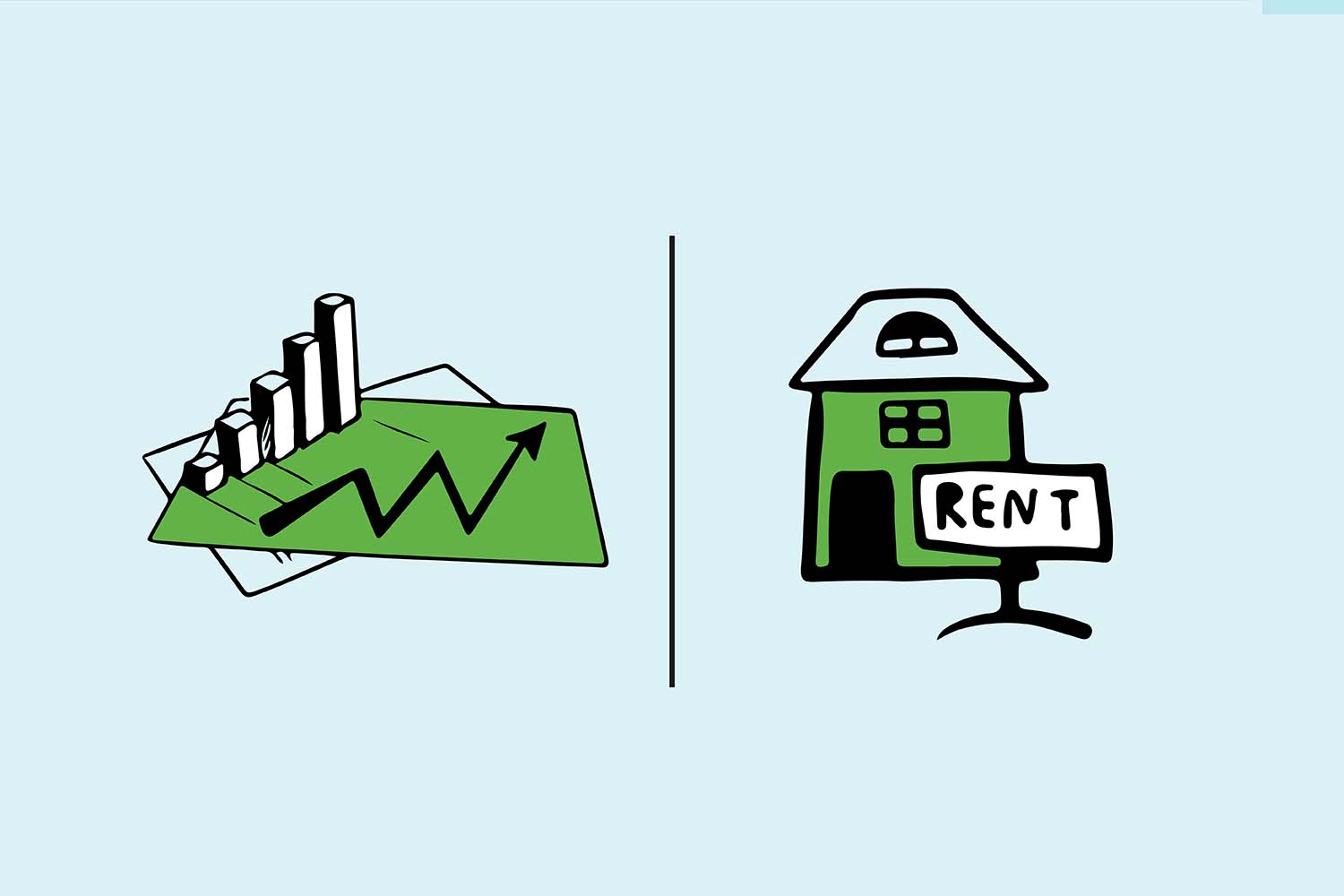Background
A recent report on the ongoing feud between Twitter & Elon Musk, showed that the billionaire sold $7 billion worth of shares in Tesla in preparation for the court battle with Twitter. According to Elon, “In the (hopefully unlikely) event that Twitter forces this deal to close and some equity partners don’t come through, it is important to avoid an emergency sale of Tesla stock”.
In 2021, Elon sold over 10% of his shares in Tesla after a poll he started on Twitter about selling the shares had majority of votes in support of selling the shares.
Why Do CEOs Sell Their Shares?
Share sales by CEOs is considered insider sales and insiders are investors or shareholders with more than 10% shares in a company. These investors are required by law to inform the Securities and Exchange Commission (SEC) by filing forms to indicate their intentions to sell some of their shares. Investors who have more than a 10% stake in a company are not allowed to sell their shares within the first 6 months of buying them.
Insiders/CEOs sell their shares for varying reasons. We’ll highlight some recent sale of share by CEOs and the reasons behind them.
Elon Musk
Elon Musk is quiet famous for selling his Tesla shares. In November 2021, he created a Twitter poll to ask his followers if he should sell his shares. After majority voted yes on the poll, he went ahead to sell $10.6 billion worth of shares in 2021. Some of the shares sold were stock options, stock options are part of the benefit a company gives to its employees. These options allow its holders buy the shares of the company at a discount.
These options allowed Elon buy Tesla shares at $6.24 per share at a time the company’s share price was $1,160. He exercised the options and sold the shares almost immediately, paying $2 billion as capital gains tax (Capital gains tax is taxed on gains earned from an increase in share price of a stock or an increase in the value of any asset) on the options. After selling off some of his shares, Elon tweeted that following his sell off he anticipates paying over $11 billion in taxes for 2021.
Jeff Bezos
Jeff is the second richest man in the world, the Executive Chairman, and former CEO of Amazon. According to the Wall Street Journal, Jeff Bezos sells about $10 billion worth of his Amazon stocks annually to cater to his space venture, Blue Origin LLC.
In 2021, he sold about $9 billion worth of shares and $10.2billion in 2020.
Mark Zuckerberg
According to a Bloomberg report, Meta’s CEO, Mark Zuckerberg sold part of his stock holding in Meta on almost every weekday in 2021.
Mark sold about 13.8 million shares in 2021, this earned him $4.5 billion. In 2020, he sold 1.5 million shares at $405 million. Mark’s share sale can be pinned to his donations to the Chan Zuckerberg Initiative. In 2015, Mark and his wife pledged to give out 99% of their Facebook shares to charity.
Femi Otedola
In 2019, Femi Otedola sold 75% of his shares in Forte Oil to Prudent Energy Services Ltd. Otedola divested from Forte Oil Plc to invest in the upstream segment of the oil sector and power distribution sub-sector. In 2008, Femi Otedola acquired controlling stake in African Petroleum and renamed it Forte Oil, his ability to improve the operations of the company saw the company’s share price attain an all-time high of N342 and a market capitalization of $1.4billion in 2015.
Otedola divested from the downstream segment of the Nigerian oil sector in 2019, a time when price controls and volatility of the exchange rate made it difficult for players in that sector to operate profitably. Oil companies like Mobil & Oando have also disposed of their downstream oil business.
How Regulators Influenced the Trend
In 2021, the United States of America’s government announced a tax proposal called Billionaires Tax Proposal. This proposal aims to tax 10% of the wealthiest individuals in the United States on unrealized capital gains.
Unrealized capital gains are gains from the increase in value of assets that are yet to be sold. Some of these assets include real estate properties, stocks, and mutual funds etc. The proposal plans to levy taxes on unrealized capital gains on assets by valuing them annually. The US government created this proposal in a bid to raise revenues for the infrastructure and environment bill worth $2 trillion. President Biden has also proposed an increase in capital gains tax to 39.6%.
If the proposal on capital gains tax becomes a law, investors will have to pay about 40% on every gain on their assets in taxes.
This coupled with the significant rise in share prices in 2020 & 2021 saw CEOs and other insiders in the USA sell $69 billion worth of their ownership in companies in 2021.
Should investors be worried when CEOs/Insiders sell their shares?
CEOs/Insiders are privy to more information about a company than external investors are, hence when insiders sell part of their ownership stake in a company, investors might believe something is wrong with the company.
While CEOs selling their shares may be a signal of something wrong internally, it is not always the case. CEOs sell their company shares for various reasons, some of which we have highlighted above. To ensure company management always acts in the best interests of all investors, CEOs & Insiders are required to notify the Securities and Exchange Commission (SEC) whenever they intend selling their shares. Their filings with SEC states the number of shares being sold, the price and the reason for the sale.
Investors in the US stock market can access these filings on the website of the Securities and Exchange Commission in the US. The Nigerian Exchange Group (NGX) also publishes information on insider share sales on its website.



